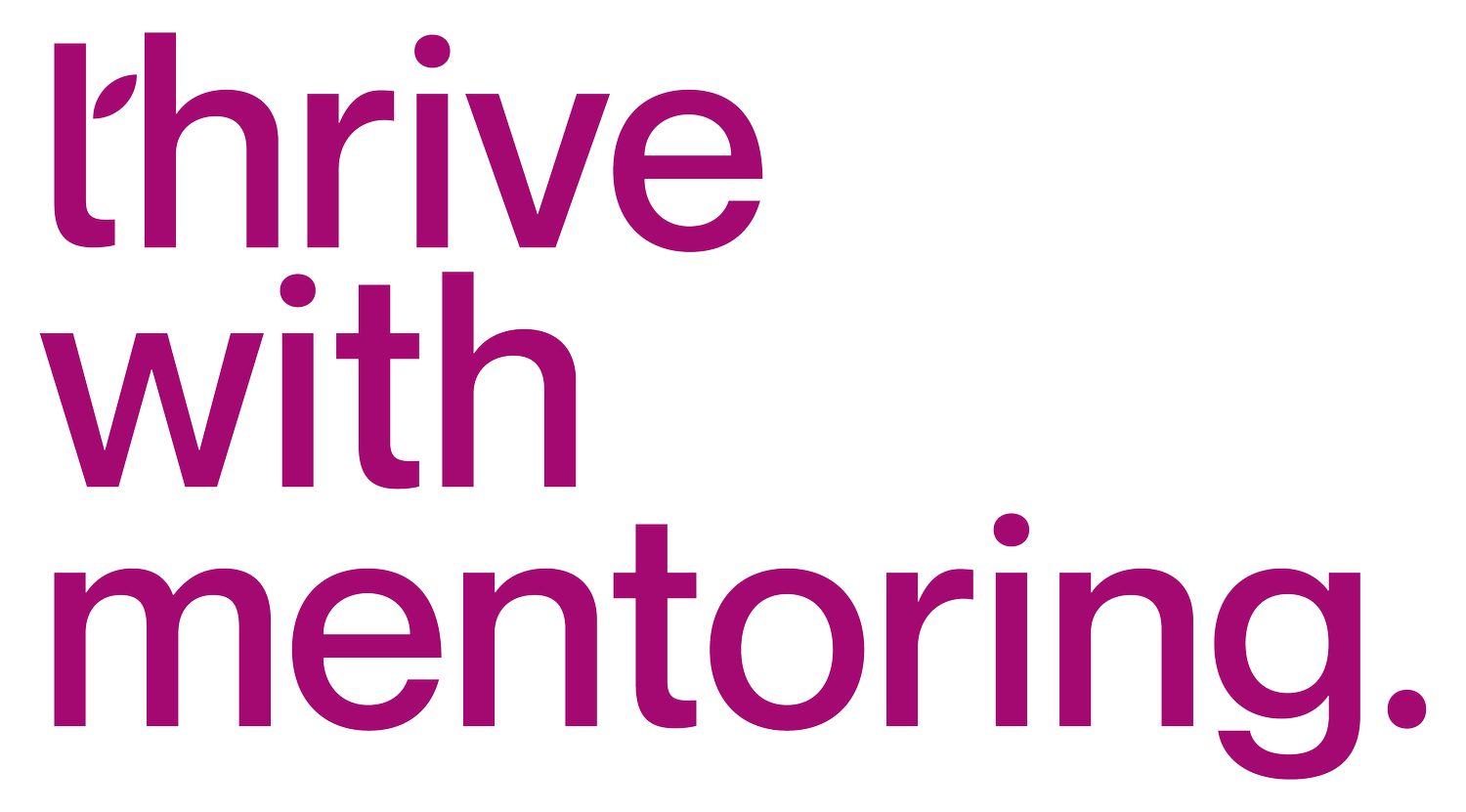Cross-Disciplinary Mentorship: Benefits and Strategies
In an increasingly interconnected world, the lines between different professional fields are blurring, making cross-disciplinary mentorship an essential strategy for fostering innovation and broadening perspectives. This type of mentorship involves individuals from different fields sharing knowledge and skills, such as a tech professional mentoring someone in the creative arts, or a business leader guiding a scientist. This blog explores the unique benefits and potential challenges of such relationships, and offers strategies for making cross-disciplinary mentorship work effectively.
Benefits of Cross-Disciplinary Mentorship
Enhanced Creativity and Innovation: Bringing together mentors and mentees from different disciplines can lead to unique combinations of skills and ideas that fuel creativity and innovation. For example, a tech professional might help a creative artist integrate new technologies into their work, opening up new forms of artistic expression and outreach.
Broader Learning Opportunities: Cross-disciplinary mentorship allows mentees to acquire knowledge that extends beyond their primary field of expertise, which can enhance their versatility and adaptability in various job markets.
Improved Problem-Solving: Exposure to different problem-solving methods can enrich a mentee’s approach to challenges. A scientist mentored by a business leader might learn strategic thinking and risk management skills that are not typically emphasized in scientific training.
Challenges and Strategies for Overcoming Them
Language and Conceptual Barriers: Different fields often use specialized jargon and conceptual frameworks, which can create communication barriers.
Strategy: Mentors and mentees should dedicate initial sessions to mutually explaining the foundational concepts of their respective fields. This shared understanding sets a strong basis for effective communication.
Aligning Goals: Differing professional goals and expectations can complicate the mentorship.
Strategy: Clear communication about professional aspirations and what each party seeks to gain from the relationship is crucial. Setting specific, measurable, and mutually agreed-upon goals can align efforts and expectations.
Cultural Misunderstandings: Different fields can have vastly different cultures regarding work pace, decision-making, and hierarchy.
Strategy: Open discussions about field-specific norms and work cultures can help both parties understand and respect each other’s backgrounds. This openness fosters a more productive and respectful mentoring relationship.
Implementing Cross-Disciplinary Mentorship
Seek Diversity: Actively seek mentorship relationships outside your field to expose yourself to different perspectives and solutions.
Utilize Technology: Leverage online platforms and networking sites to connect with potential mentors from various disciplines.
Continuous Learning: Both mentors and mentees should commit to continuous learning and flexibility, adapting to the insights and methods of another discipline.
Conclusion
Cross-disciplinary mentorship enriches professional experiences by merging diverse knowledge bases, fostering innovative thinking, and enhancing problem-solving skills. At Thrive, we recognize the power of such diverse mentorship configurations. We match mentors and mentees not solely based on their fields but according to their needs, strengths, and weaknesses, ensuring that the mentorship experience is as enriching and effective as possible.
If you're looking to expand your professional horizons and engage in a mutually rewarding learning journey, consider joining Thrive. Here, your unique skills and experiences can find new life in unexpected and transformative ways. Join us at Thrive with Mentoring and explore the potential of cross-disciplinary mentorship today!

